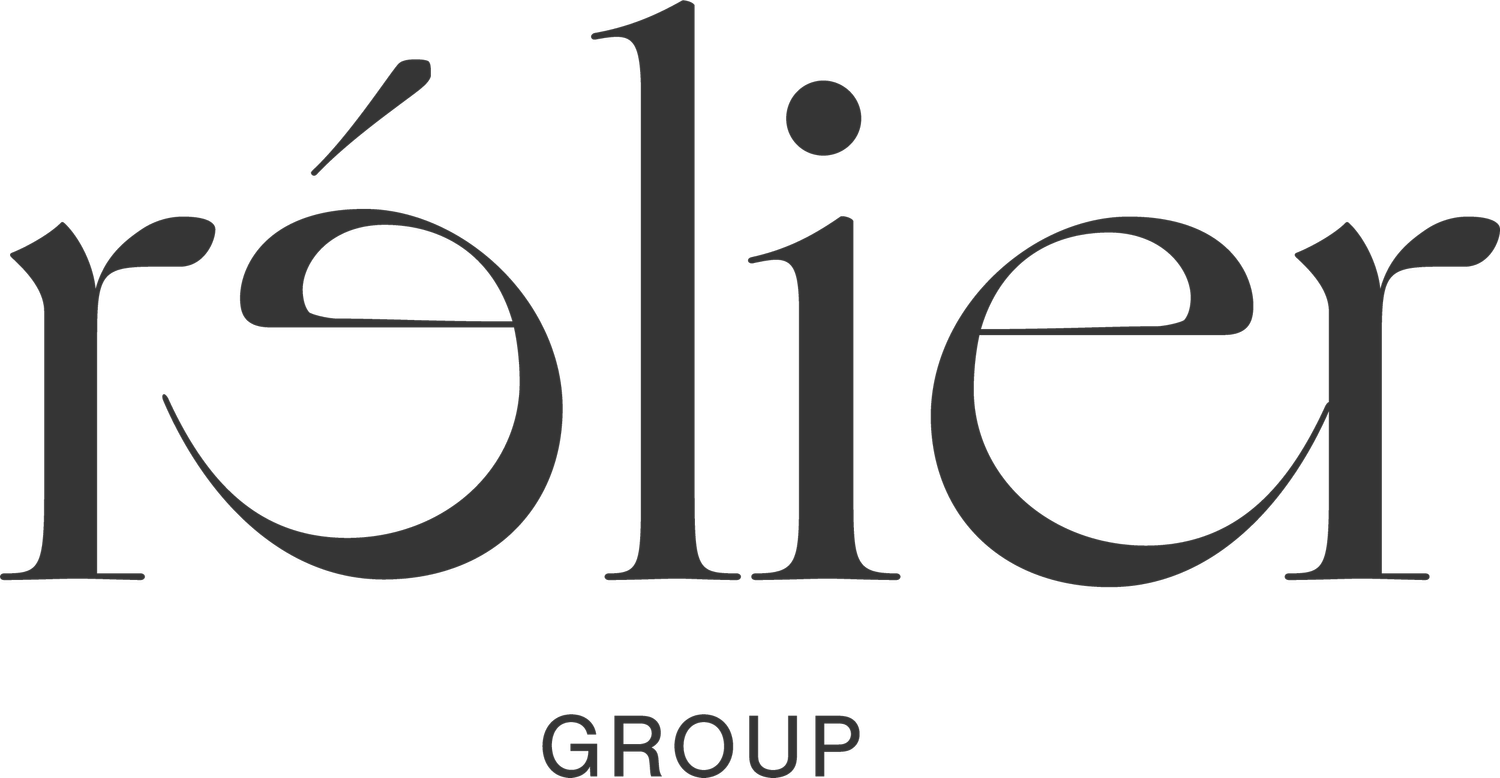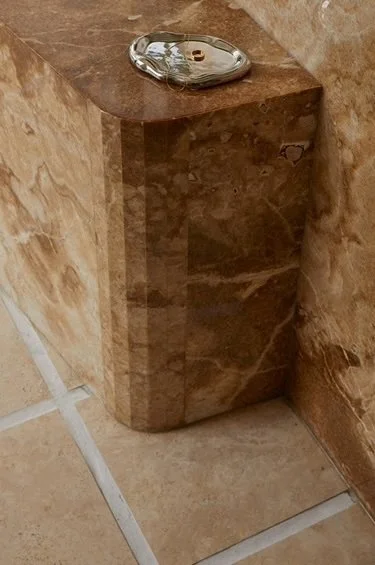WHAT IS A CULTURE FIT?
Have you ever had an interview with a brand where you ticked all the skills, but didn’t get the role because you were, ‘not the right cultural fit?’
It can be tough feedback to hear, however at the end of the day, culture fit should matter just as much to you as it does the brand. When we understand how culture fit is measured in an interview, we can start making our own decisions about whether a brand’s culture is right for us too.
When great brands are making key hiring decisions, they first and foremost want to uphold and protect their culture. And so in their hiring search, brands will seek cohesion to mesh with the personality matrix that exists within the business.
IMAGE CREDIT: DISSH
Culture fit feedback is not negative feedback; it is honest feedback. Always remember that just because you weren’t a fit here, doesn’t mean you won’t be a perfect fit there. Don’t let this feedback dishearten your search.
What does culture fit actually cover?
Your personality and emotional traits; and
Your values, work style and workplace expectations; and
Your communication style and body language.
Culture fit is essentially all of the stuff you can’t list down or learn about on a resume!
When interviewing for a role, brands want all of these things to align with how their workplace functions so that they can continue to build team harmony and collaboration within the business.
What’s important to note is that each department within a brand may need a slightly different culture fit, depending on the existing mix of team. It’s important that brands achieve synergy in the personalities that sit within each function of their business. So when it comes to assessing culture fit, each person you interview with may look for slightly different behaviours and values in your answers.
How are brands actually assessing culture fit in an interview ? They’re looking at …
Whether your morals and values from your answers align with the way the brand makes decisions. Do you prioritise the same things and make decisions in the same way? Or are there stark differences in how you work?
Did you naturally vibe with your interviewer? Did the conversation flow organically and were you on the same page with your ideas and how you approach the workplace? Or was there a sense of awkwardness or disharmony in the conversation?
Questions like, ‘what did you like about that role?’ or, ‘what didn’t you like about that position’ are key cultural measures that brands will use to benchmark how you enjoy a workplace and whether they match up to your expectations.
Behavioural questions such as ‘how would you deal with this situation?’ are key culture barometers as they measure actions you would actually take in any given scenario.
IMAGE CREDIT: CAMILLA AND MARC
For the brands we work with, personality fit is seen as just as important, if not moreso, than the skills themselves. So often your answers to the behavioural and value questions are the ones that are make or break when it comes to interview success.
What are some examples of a cultural miss-match from an interview?
Personality: Perhaps you are a confident and strong personality that’s not afraid to speak up, however the hiring manager is softly spoken. Your dominance versus their more submissive approach could cause friction in the team. Or perhaps vice versa - you are softly spoken but this brand needs a dominant leader who can challenge the thought process of those higher up.
Workplace function: you value WFH flexibility or a hybrid model and the brand does not offer this in their working model. This is an easy mismatch as a brand won’t want to hire someone that they simply cannot please.
Decision-making processes: Perhaps you value quick decision processes and this brand has a lot of red tape to get through for actions to be approved. This culture match would leave you feeling frustrated and at a standstill with a lot of your work. If you’re not used to needing certain levels of approval, there could be a mismatch.
You can see culture doesn’t just come down to personality type. Culture-fit can also mean how you will assimilate to processes, what you expect versus what the brand offers and so much more.
So how can you set yourself up for success in finding a culture match in the interview?
Most importantly - be yourself and be honest. Finding the right culture fit is not a case of ‘fake it until you make it’.’ To find the perfect fit you need to be yourself in the interview process, be honest in how you approach questions and seek out a match that actually feels right!
Show your eagerness and commitment to succeed alongside your passion for the brand as well as the role on offer. Do your research; always, always! Search who the current team is on Linkedin, scroll their websites – many list their brands values, investigate price points, sustainability – everything that you consider important.
Be direct. Ask things like – how would you describe your company culture? What’s your management style? Is there a large staff turnover or you do you experience longevity? and why? Explain the type of working environment you thrive in.
If you’re going through the job search process and culture-fit is the feedback you have received, know that it’s not a bad thing. It’s just not the right place at the right time. Interviewing can continuously build confidence and learning. Try your best not to get disheartened, your dream job is right around the corner and when you’ve found that perfect culture fit, you’ll be so happy you waited.


